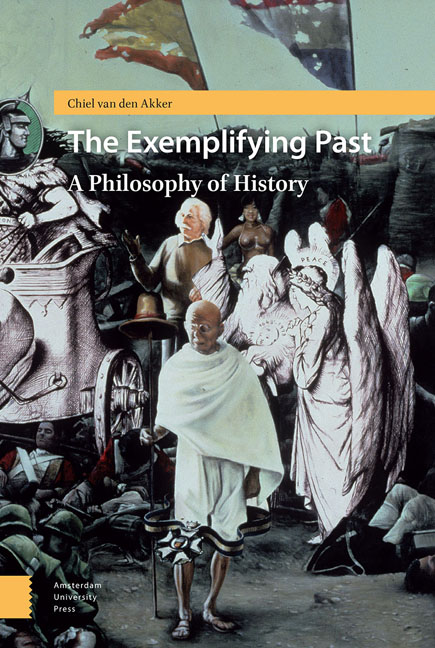3 - Narrative Truth
Published online by Cambridge University Press: 29 January 2021
Summary
Introduction
Aristotle's Poetics is somewhat notorious for stating that poetry is more philosophical than history because it is concerned with the universal whereas history is concerned with the particular. Tragedies, Aristotle's main concern, deal with what types of persons will probably or necessarily do or say, whereas histories deal with what particular persons actually have done or said. Aristotle also maintains that tragedy ideally is concerned with the imitation (mimesis) of one action, that is, with one plot that encompasses the beginning, middle, and end of the story, whereas history is concerned with one period, narrating all that has happened during that period, even if the events are not related. Although this distinction explains why history does not display the unity of tragedy, it is still a distinction in subject matter, not a distinction in narrative structure. It also explains why Aristotle praises Homer for not taking the entire Trojan War from beginning to end as the subject for his epic. Because Homer chose to narrate a part of it, complemented with related episodes, his epic forms a comprehensible whole.
This reference to Homer is made after Aristotle's always neglected remark that most epic poets ‘make the structure like that of history.’ So after distinguishing tragedy from history in terms of their content, at the risk of reducing history to a chronicle of events, Aristotle observes, without further elaboration, that epic and history have a similar narrative form. This remark need not surprise us; as Aristotle was familiar with the work of Herodotus, how could he think otherwise? It follows that although poetry and history differ in content, they share the same narrative form. If then, we want to discuss the truth of historical narratives we should discuss their content rather than their form. History is about what persons actually have said and done in a certain period, and what historians say about them should be justified on the basis of past remains and the appropriate methods of studying those remains. Who would argue with this?
- Type
- Chapter
- Information
- The Exemplifying PastA Philosophy of History, pp. 51 - 74Publisher: Amsterdam University PressPrint publication year: 2018



